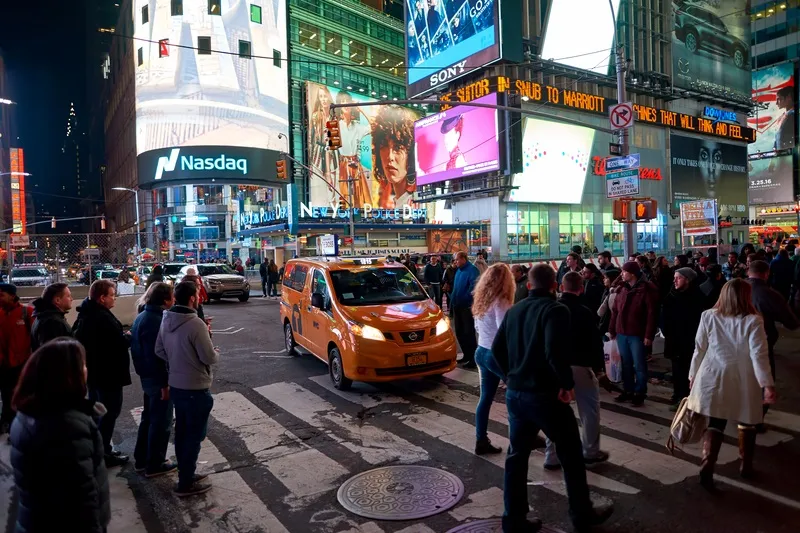The Nevada Highway Patrol (NHP) has used Waycare’s artificial intelligence-based platform to deploy five strategic traffic management sites (STMS) to help prevent speeding and crashes.
NHP says the STMS locations provide the police with elevated platforms, which encourage drivers to slow down on the high-risk corridors of I-15 and US-95.
NHP, in partnership with the Nevada Department of Transportation and the Regional Transportation Commission of Southern Nevada (RTC), received a $200,000 federal grant for the project, which is managed by the
The grant is part of the Road to Zero initiative which seeks to eliminate roadway deaths within 30 years by accelerating advanced technology and prioritising safety.
RTC CEO Tina Quigley says: “This grant will enable us to build on the early successes and further leverage advanced technology solutions to improve traffic conditions on our busy highways.”
Last year, Waycare’s technology was used to identify locations and times where preventive measures would help ease congestion and reduce crashes along the I-15 in Las Vegas.
According to NHP, this trial showed that 91% of speeding drivers slowed down below 65mph and there was a 17% reduction in crashes.
Nevada police uses Waycare AI to prevent crashes
The Nevada Highway Patrol (NHP) has used Waycare’s artificial intelligence-based platform to deploy five strategic traffic management sites (STMS) to help prevent speeding and crashes.
NHP says the STMS locations provide the police with elevated platforms, which encourage drivers to slow down on the high-risk corridors of I-15 and US-95.
NHP, in partnership with the Nevada Department of Transportation and the Regional Transportation Commission of Southern Nevada (RTC), received a $200,000 federal grant f
October 24, 2019
Read time: 2 mins









